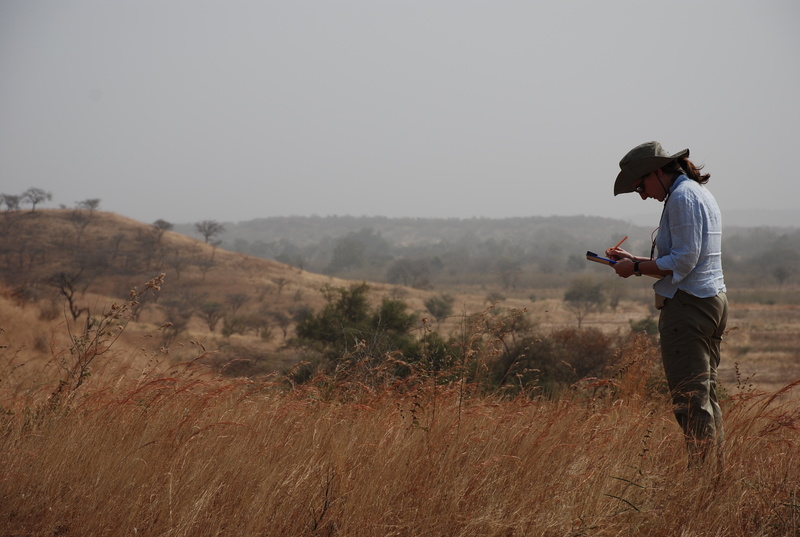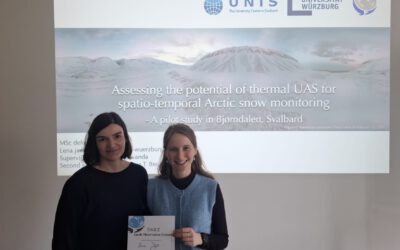
This position at the Department of Remote Sensing, Institute of Geography and Geology focuses on the further development of an existing crop type classification scheme integrating Sentinel and Landsat data in selected areas in West Africa. A specific focus will be set on the analysis of the urban-rural gradient under changing climatic conditions in different regions of West Africa. A strong interest in novel remote sensing techniques and working with various types of spatial and temporal data sets such as climate models in an interdisciplinary environment is expected – conducting a PhD within the project is possible.
The is part of the work package “Agricultural Monitoring” within the research project “West African Science Service Centre on Climate Change and Adapted Land Use – Topics: Science based service development, Graduate Schools and extension of existing networks“ (WASCAL-DE-Coop). Study area will be selected areas in West Africa.
Requirements:
The successful candidate should have a strong expertise in remote sensing, environmental modelling, and handling of data from different sources. A sound knowledge in geographic information systems (GIS), programming (e.g., Python, R) and cloud-based geodata infrastructures is required. Applicants must hold a Master degree, and should be able to work independently. Organizational skills, high motivation and the willingness to work as part of a team within an interdisciplinary and international project are essential.
Experience in working with advanced spatial data analysis and mining methods (Deep Learning, Machine Learning) and working in an interdisciplinary environment is an advantage. The ability to collaborate with a range of partners as well as good English language knowledge, communication skills, and the capability to write scientific articles are expected.
Applications and working environment:
We offer state-of-the-art methodology and a stimulating research environment within an interdisciplinary, collaborative team. The position is limited until February 28, 2022. Planned starting date is May 1st 2019.
The University of Würzburg is an equal opportunity employer, determined to increase the proportion of women in successful scientific careers, and particularly encourages women to apply. Preference will be given to disabled applicants with the same qualifications.
Please send your application as a single pdf file per email to michael.thiel@uni-wuerzburg.de latest until April 15th 2019. Interviews of invited candidates will be held end of April 2019.









